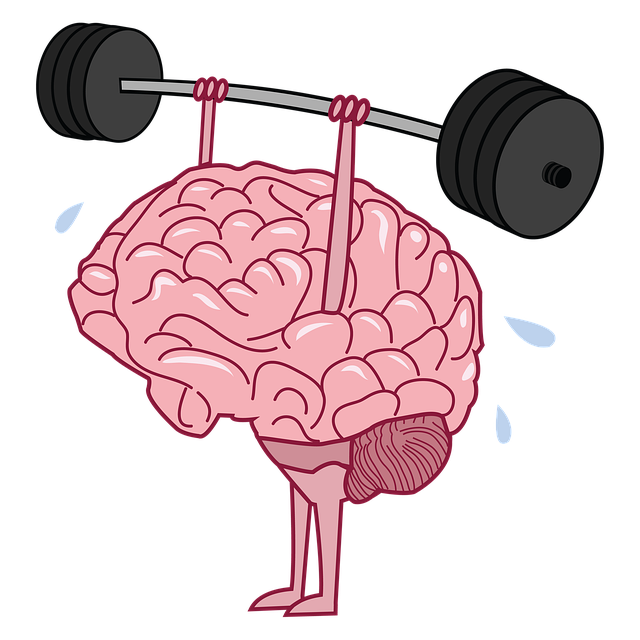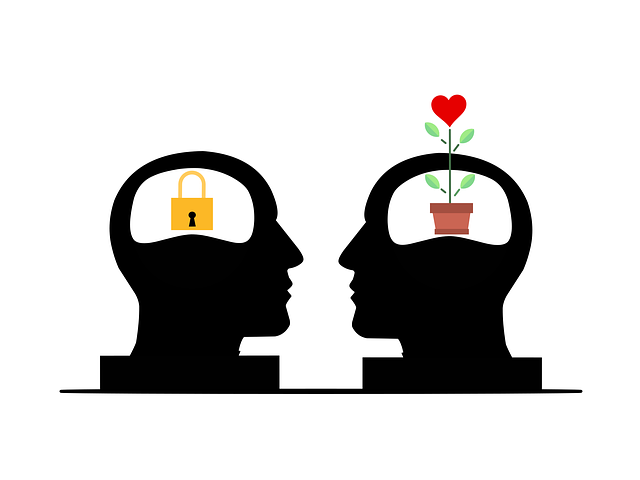Denver Major Life Transitions Therapy emphasizes mindfulness meditation for stress reduction, emotional well-being, and resilience during life's transitions. Creating a home sanctuary for practice aids self-care. The therapy offers various techniques, incorporates education, and provides a podcast series to support clients. Regular, brief daily practices benefit management of challenges, especially in Denver's fast-paced environment. Tracking progress and handling distractions are crucial for establishing a routine, which can be enhanced through therapy sessions focused on mindfulness.
Unwind your mind and embrace tranquility with mindfulness meditation, a powerful tool in navigating life’s transitions. This comprehensive guide offers a journey towards inner peace, tailored for those exploring Denver Major Life Transitions Therapy. From understanding the core principles to practical tips, we’ll walk you through creating a sacred space, various meditation techniques, and strategies for daily integration. Discover how regular practice can enhance your therapy experience, track progress, and overcome challenges, ultimately fostering resilience.
- Understanding Mindfulness Meditation: A Foundation for Denver Major Life Transitions Therapy
- Preparing Your Space: Creating an Ideal Environment for Practice
- Techniques and Exercises: Navigating Through Different Mindfulness Approaches
- Integrating Mindfulness into Daily Routines: Tips and Tricks for Consistency
- Tracking Progress and Overcoming Challenges: Cultivating a Lasting Meditation Practice
Understanding Mindfulness Meditation: A Foundation for Denver Major Life Transitions Therapy

Mindfulness meditation is a powerful practice that forms the foundation for Denver Major Life Transitions Therapy. It involves cultivating present-moment awareness, accepting things as they are without judgment, and developing a deeper understanding of one’s thoughts, feelings, and bodily sensations. This ancient technique has gained prominence in modern psychology due to its ability to reduce stress, enhance emotional well-being, and improve overall mental clarity.
In the context of Denver Major Life Transitions Therapy, mindfulness meditation serves as a cornerstone for navigating significant life changes. By fostering positive thinking and compassion cultivation practices, individuals can develop a sense of inner resilience and equanimity. This is particularly beneficial during times of transition, such as career shifts, major life events, or personal challenges, where the Community Outreach Program Implementation can offer much-needed support and guidance.
Preparing Your Space: Creating an Ideal Environment for Practice

Creating a dedicated space for your mindfulness meditation practice is akin to setting up a sanctuary where you can connect with yourself and cultivate inner peace. In Denver, major life transitions often bring about significant changes and stress, making consistent self-care practices like meditation invaluable. Your practice space doesn’t need to be elaborate; it should merely inspire calmness and focus. Consider a quiet corner of your home where you can easily access it—a place free from distractions that allows you to immerse yourself in the moment.
Surrounding yourself with elements that promote relaxation can enhance the experience. This could include dim lighting, soft fabrics, or even plants, which have been shown to improve mood management and reduce anxiety. The ideal environment prepares your mind for meditation by signaling a transition from the outside world to a state of tranquility. Whether you’re seeking trauma support services or simply looking to integrate mindfulness into your daily routine, establishing a peaceful practice space is a significant step towards personal well-being, especially during times of transition.
Techniques and Exercises: Navigating Through Different Mindfulness Approaches

Mindfulness meditation is a vast field with numerous techniques and exercises to explore. When delving into this practice, one might encounter various approaches tailored to different needs and preferences. From guided visualizations to body scans, each method offers a unique way to navigate through life’s challenges and promote mental health.
In Denver, Major Life Transitions Therapy has embraced mindfulness as a powerful tool for emotional regulation. Therapists often incorporate Mental Health Education Programs Design into their practices, teaching clients how to cultivate present-moment awareness. This involves paying attention to breath, sensations, and thoughts without judgment, fostering a deeper connection with oneself. Additionally, the production of Mental Wellness Podcast Series can be an effective way to share mindfulness exercises, making this ancient practice accessible to a wider audience and supporting individuals in their journey towards mental wellness.
Integrating Mindfulness into Daily Routines: Tips and Tricks for Consistency

Integrating mindfulness into your daily routine can feel daunting, but it’s a powerful tool to navigate life’s ups and downs, especially during major life transitions that Denver Major Life Transitions Therapy clients often face. Start by dedicating just 5–10 minutes each day for practice—even brief moments of awareness can make a significant difference. Consistency is key; aim to establish a regular time and place for your practice, such as in the morning while drinking coffee or before bed to unwind.
Consider incorporating mindfulness into existing activities like walking, eating, or even waiting in line. For instance, pay close attention to the sensations of each bite during meals or notice the rhythm of your breath while strolling. If you’re a healthcare provider struggling with burnout prevention strategies, these practices can help create a moment of calm amidst chaos. Mental wellness journaling exercises can further enhance mindfulness by providing space for reflection and processing emotions, allowing you to cultivate a deeper sense of awareness and resilience throughout your daily life.
Tracking Progress and Overcoming Challenges: Cultivating a Lasting Meditation Practice

Tracking your progress is a vital component of cultivating a lasting meditation practice. Start by setting clear, achievable goals and regularly assessing your progress. Note how often you meditate each week, the duration of your sessions, and any changes in your overall well-being, such as improvements in focus, reduced stress levels, or better emotional regulation. This self-awareness will help you identify what’s working and areas that require adjustment.
Challenges are inevitable on the path to mastering mindfulness meditation. Be prepared for distractions, physical discomfort, or even a lack of motivation. When faced with these obstacles, remember that development is a gradual process. Practice self-compassion and employ coping skills like mindful breathing exercises or visualization techniques to overcome challenges. Engaging in regular Denver Major Life Transitions Therapy can also provide valuable support, fostering the development of effective stress reduction methods and depression prevention strategies through the cultivation of mindfulness.
Mindfulness meditation, as explored through Denver Major Life Transitions Therapy, offers a powerful tool for navigating life’s challenges. By understanding its foundational principles, preparing a dedicated space, experimenting with various techniques, and integrating practice into daily routines, individuals can cultivate resilience and inner peace. Tracking progress and overcoming obstacles along the way fosters a lasting mindfulness journey. Embrace these practices to transform your well-being and enhance your ability to navigate life’s transitions with grace and clarity.














